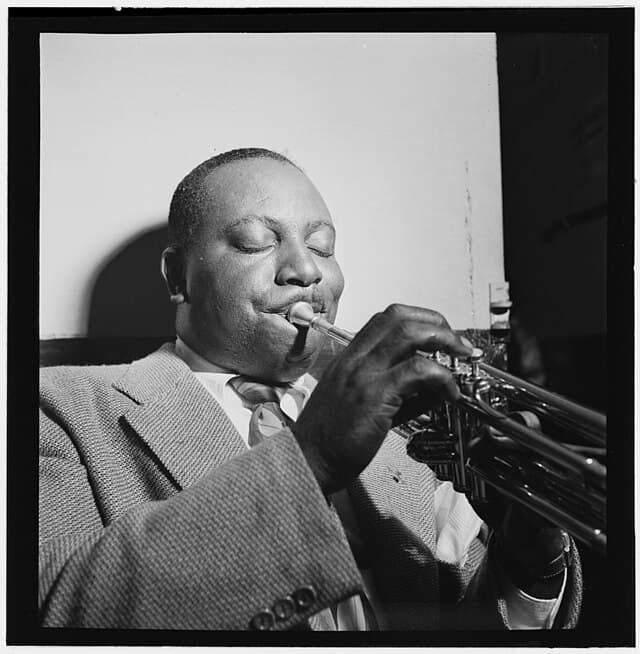
Larry Summers, in Final Career Blow, Will Leave Harvard Under Epstein Cloud
By NOVI ZHUKOVSKY
|This article is from the archive of The New York Sun before the launch of its new website in 2022. The Sun has neither altered nor updated such articles but will seek to correct any errors, mis-categorizations or other problems introduced during transfer.

Already have a subscription? Sign in to continue reading
$0.01/day for 60 days
Cancel anytime
By continuing you agree to our Privacy Policy and Terms of Service.

By NOVI ZHUKOVSKY
|
By BRADLEY CORTRIGHT
|
By BRADLEY CORTRIGHT
|
By LUKE FUNK
|
By DANIA F. ARAYSSI
|
By CARL ROLLYSON
|
By THE NEW YORK SUN
|
By MATTHEW RICE
|